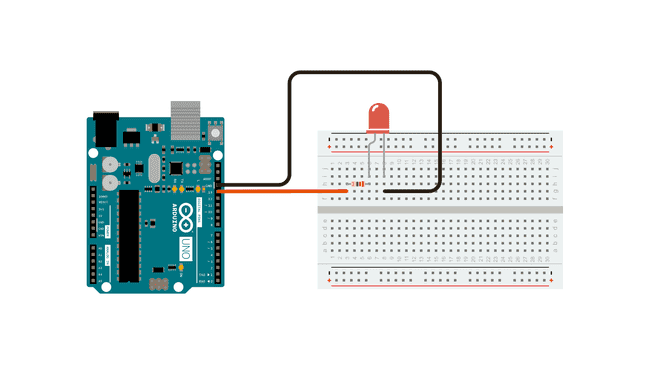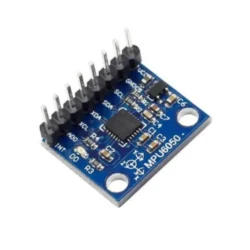Introduction
This tutorial will guide you through the process of logging temperature sensor data to an SD card using the FatFs file system on an STM32 microcontroller. We will configure the microcontroller to read temperature data at a frequency of 1Hz and write this data to a file on the SD card. By the end of this tutorial, you will have a working system that logs temperature data efficiently.
Prerequisites
- Basic understanding of C programming and embedded systems.
- STM32 microcontroller development board (e.g., STM32F4Discovery).
- Temperature sensor (e.g., LM35 or DS18B20).
- MicroSD card and an SD card module.
- STM32CubeIDE or similar development environment.
- FatFs library for file system management.
Parts/Tools
- STM32 development board
- Temperature sensor
- MicroSD card module
- MicroSD card
- STM32CubeIDE
- FatFs library
Steps
- Setup Your Development Environment
- Install STM32CubeIDE from the STMicroelectronics website.
- Download and include the FatFs library in your project.
- Connect the Hardware
- Connect the temperature sensor to the STM32 board (e.g., using ADC for LM35).
- Connect the SD card module to the STM32 using SPI or SDIO.
- Initialize the FatFs Library
- Include the necessary headers in your main file:
- Declare a FATFS object and a file pointer:
- Mount the file system in your main function:
#include "ff.h" #include "diskio.h"FATFS fs; FIL fil;f_mount(&fs, "", 1); - Read Temperature Data
- Set up the ADC to read from the temperature sensor:
- Convert the ADC value to temperature (Celsius or Fahrenheit) as needed.
HAL_ADC_Start(&hadc1); HAL_ADC_PollForConversion(&hadc1, HAL_MAX_DELAY); uint32_t temperature = HAL_ADC_GetValue(&hadc1); - Write Data to SD Card
- Create a new file or open an existing one for writing:
- Write the temperature data to the file:
- Close the file after writing:
f_open(&fil, "temp_log.txt", FA_OPEN_ALWAYS | FA_WRITE);char buffer[40]; sprintf(buffer, "Temperature: %lun", temperature); f_write(&fil, buffer, strlen(buffer), &bytes_written);f_close(&fil); - Implement a 1Hz Logging Frequency
- Use a timer or delay function to control the logging frequency:
HAL_Delay(1000); // 1 second delay for 1Hz
Troubleshooting
- SD Card Not Detected: Ensure that the connections between the SD card module and STM32 are correct. Check power supply and cable integrity.
- File Write Errors: Make sure the SD card is formatted correctly (FAT32) and that it is not write-protected.
- Temperature Readings Incorrect: Verify the temperature sensor connections and calibration. Check ADC configuration.
Conclusion
In this tutorial, you have learned how to log temperature sensor data to an SD card using the FatFs library on an STM32 microcontroller. You set up your development environment, connected the necessary hardware, and implemented a simple logging mechanism with a 1Hz frequency. With this foundation, you can expand your project further to include additional sensors or logging features as needed.


